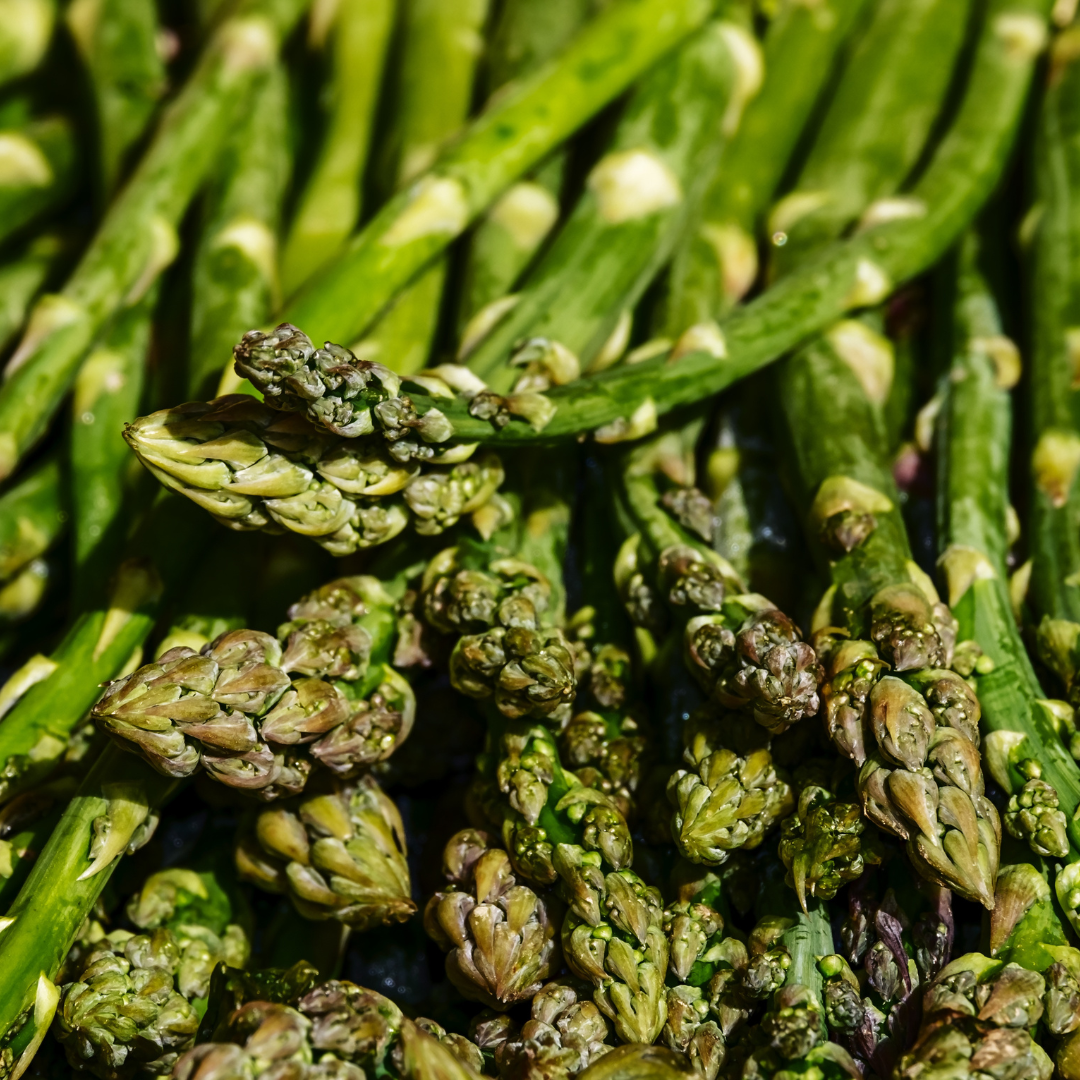The Timeless Legacy of Asparagus
A Garden Investment Worth Making
There's something special about asparagus—a perennial vegetable that connects us to generations of gardeners who came before. This remarkable plant has graced gardens and tables for thousands of years, from ancient Egyptian feasts to Roman banquets, and now to our own homestead tables.
When you plant asparagus, you're not just growing food for this season—you're making a commitment to your land and your family's future nourishment. These hardy perennials take three growing seasons before they're ready for their first harvest, but then reward your patience with 10-12 years of abundant spring harvests. This long-term relationship with your garden space is exactly the kind of intentional growing that builds connection to your land.
The health benefits of these tender spring spears are as impressive as their history. Packed with fiber, antioxidants, and a remarkable array of vitamins (B6, B9, B12, K, and E), asparagus delivers nutrition you simply can't find in most vegetables. The minerals—selenium, iron, calcium, copper, zinc, magnesium, potassium, and phosphorus—concentrate in the tender tips, nature's way of rewarding us for choosing the tastiest parts!
Traditional healers across cultures have valued asparagus for its gentle diuretic properties, potential antifungal benefits, and possible support for healthy blood sugar levels. Yes, it might give your urine a distinctive aroma (thanks to those beneficial sulfur compounds), but our grandparents knew that sometimes nature's best medicines come with small inconveniences!
For those planning to add asparagus to their gardens this spring, remember that proper storage after harvest is crucial—these nutritional powerhouses only keep 3-5 days in the refrigerator. This is precisely why growing your own makes so much sense—you'll taste asparagus at its peak freshness, something store-bought spears simply can't match.
Stop by Langley's to explore our asparagus crowns and get started on a growing tradition that will nourish your family for years to come. Because good stewardship isn't just about this season's harvest—it's about creating lasting relationships with the plants that sustain us.





